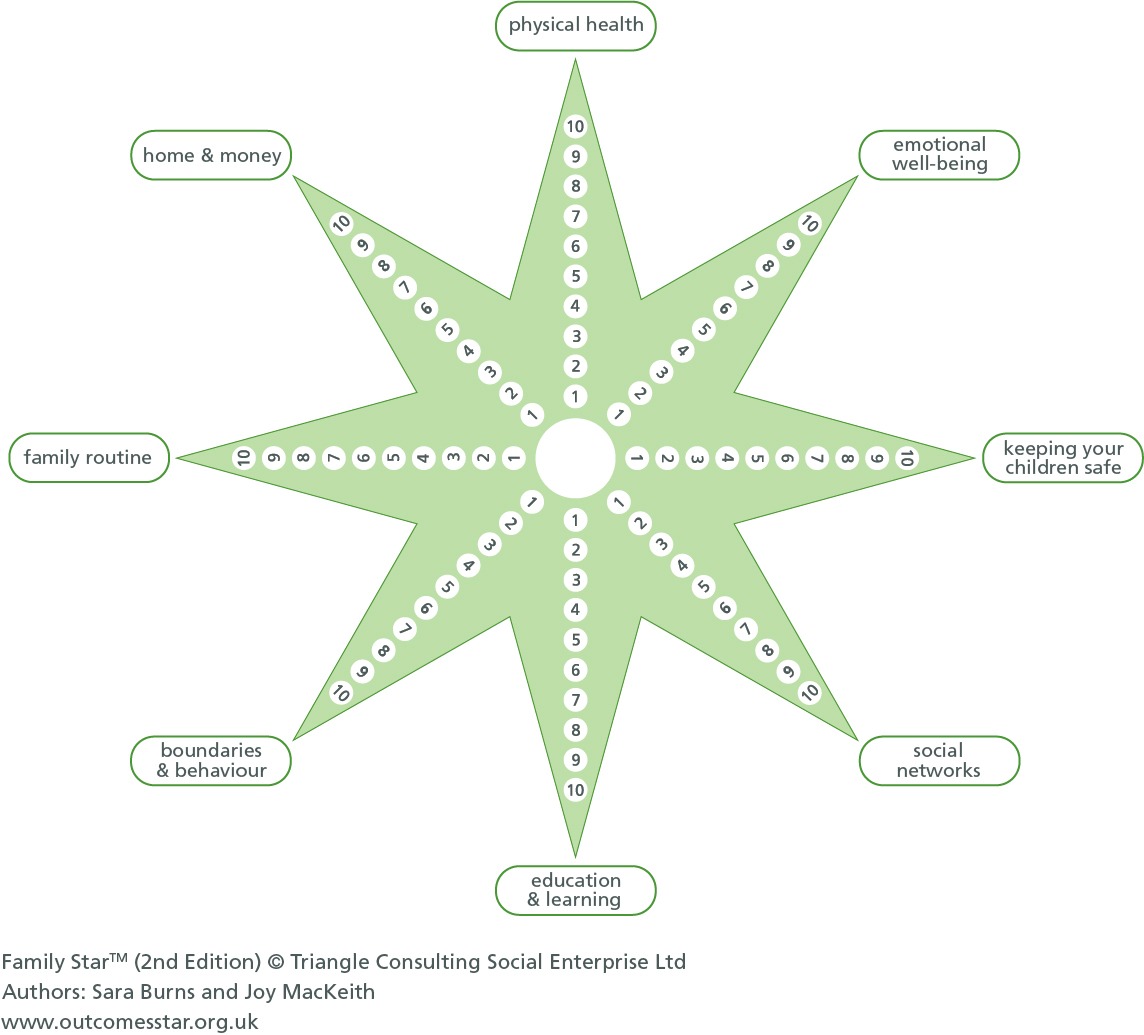This website uses cookies so that we can provide you with the best user experience possible. Cookie information is stored in your browser and performs functions such as recognising you when you return to our website and helping our team to understand which sections of the website you find most interesting and useful.
How we measure and evaluate our effectiveness and impact
In order to provide the most impactful and cost effective services for the people we work with and our funders, Family Action is committed to continually evaluating our services.
Much more than counting numbers and outputs, we measure our impact so we can ensure the value of our support and the difference it makes to people’s lives.
In January 2008 the National Audit Report undertook an independent review of our monitoring and evaluation systems .They said:
“On the ground we found that a significant amount of information on the performance of individual services was being collected. This is enabling Family Action to meet the requirements of its existing funders. Furthermore there is a rich body of more qualitative information that is also being accumulated and analysed at a local level. Feedback on the quality of services, suggestions for improvements, information on the progress made by service users… are all being used… to deliver the best services.”
Family Action focuses on interventions that improve outcomes in the lives of service users, the communities they live in, and reduce the need for further support in the future.
We focus on designing the right interventions by:
- Identifying the problem that needs to be solved
- Understanding what research has found to be a good solution to, or ineffective in, tackling the problem
- Designing and implementing an effective solution to the problem
- Showing that the solution works and highlighting the difference it makes
Applying this approach ensures the services provided by Family Action meet a real need in society, are evidenced to improve outcomes, and demonstrate impact.
Our measurement
We use a range of measurement tools across our services to effectively measure our outcomes. For our Family Support work, Family Action has been using an evaluation tool called the Family Star since 2010, to engage parents and children in the work they need to do to change family life and measure and record their progress.
The Family Star
The Family Star is easily understood by service users, practitioners, commissioners and the local taxpayer and has been highly commended by Charities Evaluation Services
Family Action completes the Family Star in collaboration with parents at the beginning of working together, then at a review point and again when the family is ready to leave our support. Together, through the referral to our support, Family Action and the parents identify three Key Outcome Areas (KOAs) on the Family Star in order to focus support on where it is needed most.
In 2013 York Consulting conducted an independent evaluation of our use of the Family Star. Based on the positive findings we are now urging our local authority partners to use such a tool to score parental effectiveness and improvements in outcomes for Troubled Families.
The evaluation highlights that the Family Star:
- Provides a clear and effective structure for delivering the elements of family support that are shown by research to improve family and children’s outcomes
- Is an effective measurement and management tool for family support work
- Engages practitioners, service users, managers and commissioners in understanding the journey of change that families make
Other measurement tools we use are:
- Clinical outcomes tools for our Perinatal service:
- the Hospital Anxiety and Depression Scale (HADS)
- Maternal Social Support Index (MSSI)
- Mothers Object Relations Scale (MORS) (measures attachment)
- Warwick Edinburgh Mental-Wellbeing Scale (WEMWS)
- The Rosenberg Self Esteem Scale
These tools are used in combination at the start and end of intervention to measure anxiety, depression, mental wellbeing and self esteem in mothers.
- Outcomes tools for our WellFamily mental health and wellbeing service include:
- the GAD7 screening tool to identify the presence and extent of generalised anxiety disorder
- the Patient Health Questionnaire (PHQ9) to measure the incidence of depression
- the Clinical Outcomes Routine Evaluation (CORE10) to measure the intensity/severity of anxiety, depression, trauma, physical problems, functioning and risk to self
- We also use the Recovery Star for mental health.
To access all our evaluation reports please click here

